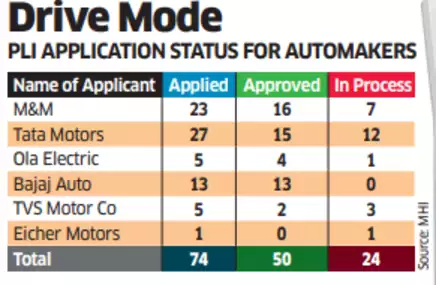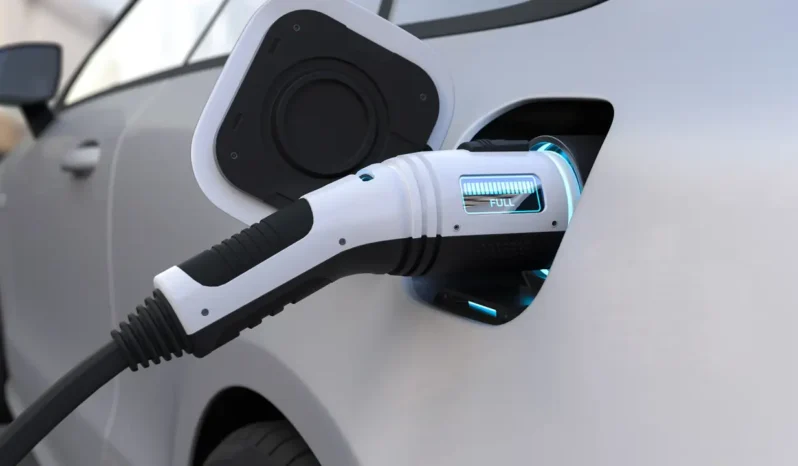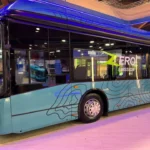The government has given the green light to 50 out of 74 applications received from automakers for the productivity-linked incentive (PLI) scheme aimed at bolstering electric vehicle manufacturing. The remaining 24 applications are still under review.
Key Highlights:
This week’s approvals are expected to provide some relief to the companies as they grapple with the losses incurred in electric vehicle production due to the current low production volumes. Notably, Bajaj Auto stands out as the only automaker to have secured approvals for all 13 applications submitted for its electric scooter Chetak and three-wheelers.
Mahindra & Mahindra has received approvals for 16 out of 23 applications, Tata Motors for 15 out of 27, Ola Electric for four out of five, TVS Motor for two out of five, and Eicher, which applied for one, did not receive approval, as per an internal document detailing the status of the domestic value addition (DVA) application.

Additionally, if a company attains sales exceeding ₹10,000 crore within five years of the PLI period, it qualifies for an extra 2% government support. This ‘sales value linked’ scheme applies to battery electric vehicles and hydrogen fuel cell vehicles in various segments like two-wheelers, three-wheelers, passenger vehicles, commercial vehicles, and other advanced automotive technologies.
In the June quarter earnings, Pune-based Bajaj Auto disclosed that it benefitted from the Production Linked Incentive (PLI) scheme based on the sales value determined by the scheme’s formula. Ola Electric, having obtained approval for four of its electric scooter models under the scheme, is anticipated to receive an incentive ranging from 13-18% of the specified sales value.
“With more and more products getting PLI approval from authorities, all these auto companies would be able to improve profitability to some extent going forward. Though we believe that its benefits would be passed on partially to the end user and partial benefits would be retained. This would help PLI-compliant products to gain some market share due to competitive pricing,” said Mitul Shah, analyst at Dam Capital.
Launched in September 2021 with an initial budget of ₹25,938 crore, the Production-Linked Incentive (PLI) scheme was formulated to encourage automakers to invest in clean and advanced technology, while also emphasizing on a domestic value addition of 50%. The main goal of the plan is to reduce dependency on imports for new technology and promote the scaling up of manufacturing over the course of its five-year tenure, which begins in 2023-24.
It’s good to see companies like Bajaj Auto and Ola Electric benefiting from this incentive. This move is expected to boost profitability for these companies and promote the adoption of electric vehicles in the market. It’s a positive step towards promoting clean and advanced technology in the automotive sector.ELCTRIK Speaks






